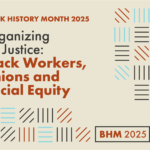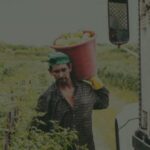“Boiling Point” A profile of the water crisis facing six First Nation Communities in Canada
First Nations have always viewed water as a sacred trust. From time immemorial, First Nations have centered their existence on water. From the careful selection of community sites, as a means of transportation and dependence on the harvest from the waters.
Today, it is unacceptable that many of our First Nations should be subjected to conditions where there is no access to safe potable water. The following examples of the deplorable conditions that exist in many First Nation communities clearly demonstrate that access to clean water for First Nation citizens is not a priority for Canada. These conditions would not be tolerated in any municipal setting and if they are to occur, swift and decisive action is the norm and is expected.
In 2005, the Commissioner of Environment and Sustainable Development issued a very critical review of the activities undertaken and lack of progress made by Indian and Northern Affairs Canada (INAC) and Health Canada in providing safe drinking water to First Nations. Finally, on March 22, 2006, INAC and the Assembly of First Nations (AFN) agreed to the Plan of Action for Drinking Water in First Nation communities. First Nations continue to be frustrated by the lack of real progress being made in addressing the shameful conditions of many First Nation communities. The government’s recent Action Plan Report obscures the fact that very little progress has been made on the fundamental issues facing First Nations access to safe drinking water.
The United Nations Committee on Economic, Social and Cultural Rights adopted the human right to water in 2002. And yet, in 2008, at least 85 First Nation water systems are in high risk and there are close to 100 boil water advisories in various communities. The access to safe potable water not only ensures the protection of the community’s health and well-being but it is also inextricably tied to its economic well-being. The conditions illustrated in the following case studies point to Canada’s lack of interest in making life better for its First Nation citizens and I hope this will serve to show the real conditions for far too many of our First Nations citizens.
Read more – Download the PDF





